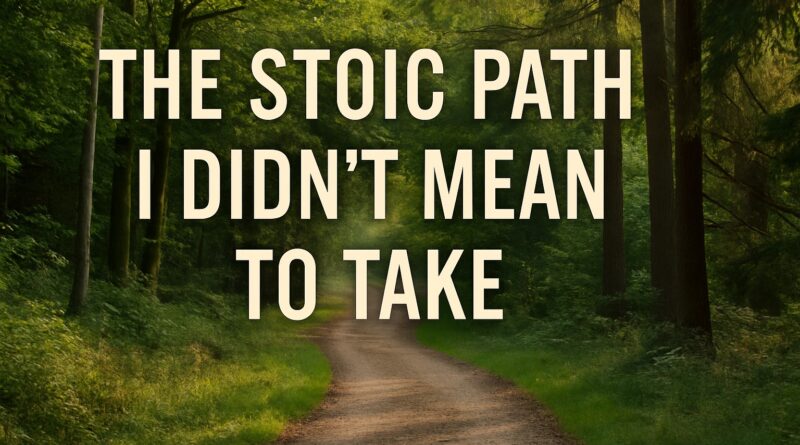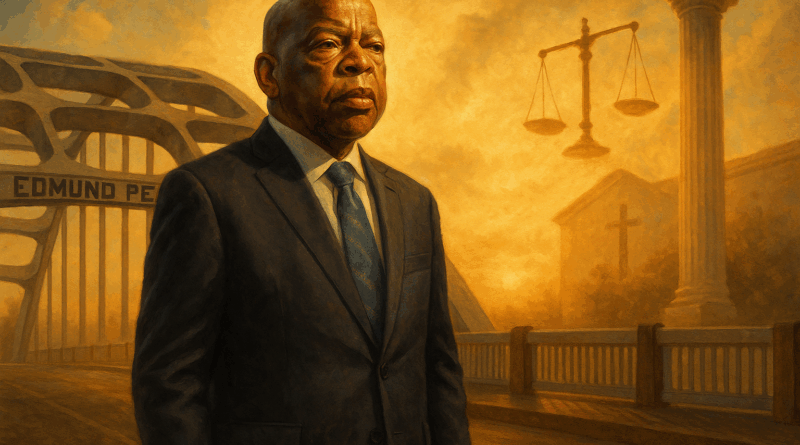Stoic Practices: Role Models
The Stoics believed that we learn virtue through example. Marcus Aurelius wrote to himself as if he were a friend, modeling how to live by holding himself accountable to an imagined mentor. Seneca pointed to Cato as a guide. Epictetus told his students to picture a sage. This practice of role models is simple but powerful: we ask, “What would this person do?” and in answering, we shape our own choices.
For me, role models have been both personal and public. My mother, a nurse for thirty-six years in our local schools, cared for generations of children and called them “my kids.” She held our family together after Dad’s untimely death and lived a life of quiet service that rippled through our community. My band director, Donald Deal, taught discipline and teamwork that lasted far beyond the music hall. Rev. Dr. R. Earle Rabb showed courage in welcoming all God’s children into his church. And figures like John Lewis, Harvey Milk, and Mahatma Gandhi remind me that justice, hope, and service are lived realities, not abstractions. To practice role models is to remember that we are guided by others—and that we, too, may be the model someone else is following.
Read more



